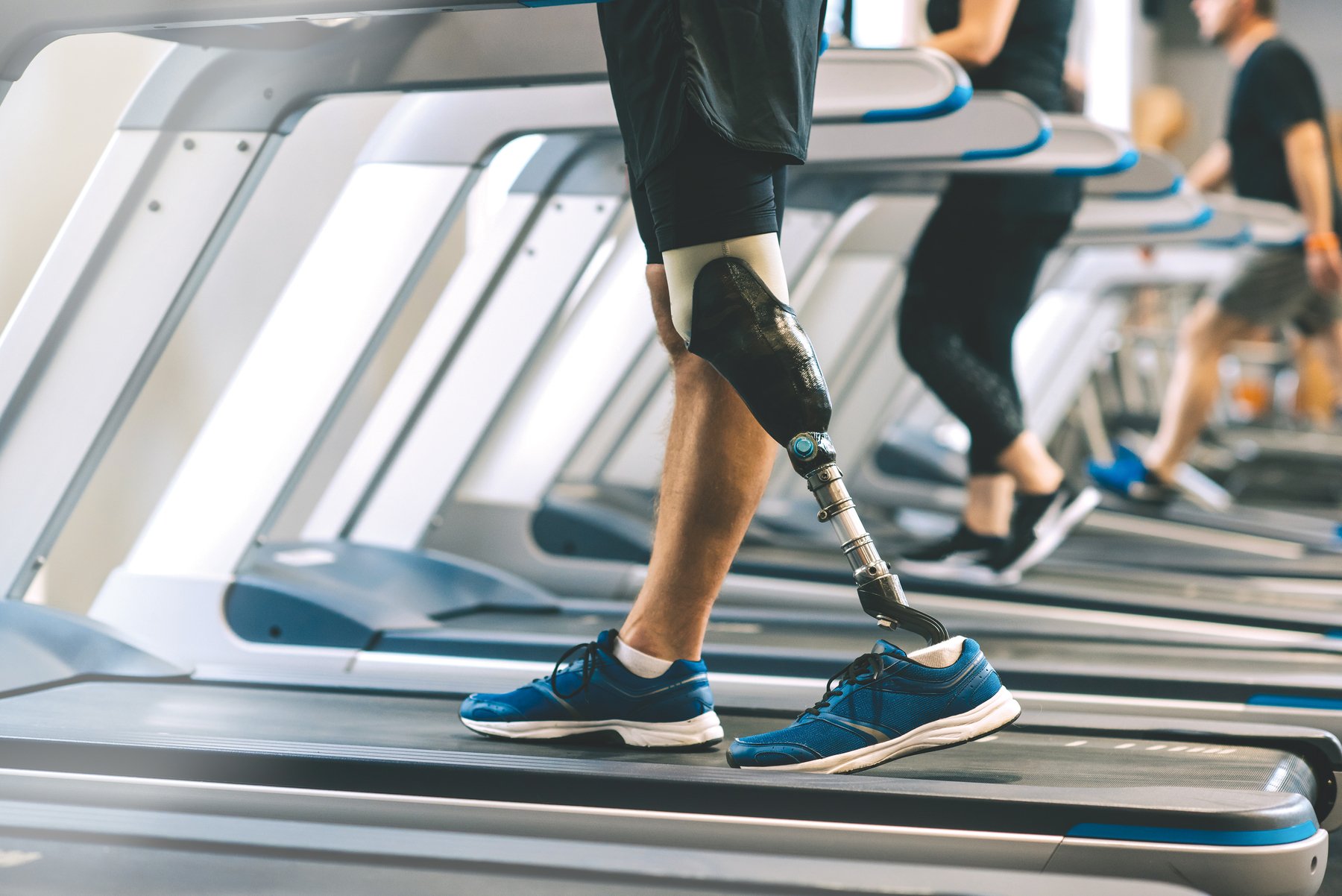
The Physics Behind Friction
Without the force called friction, cars would skid off the roadway and objects would tumble off tables and onto the…

Without the force called friction, cars would skid off the roadway and objects would tumble off tables and onto the…

East Baltimore corner mini-markets serve a vital function, providing residents with access to goods ranging from toiletries to convenience foods….
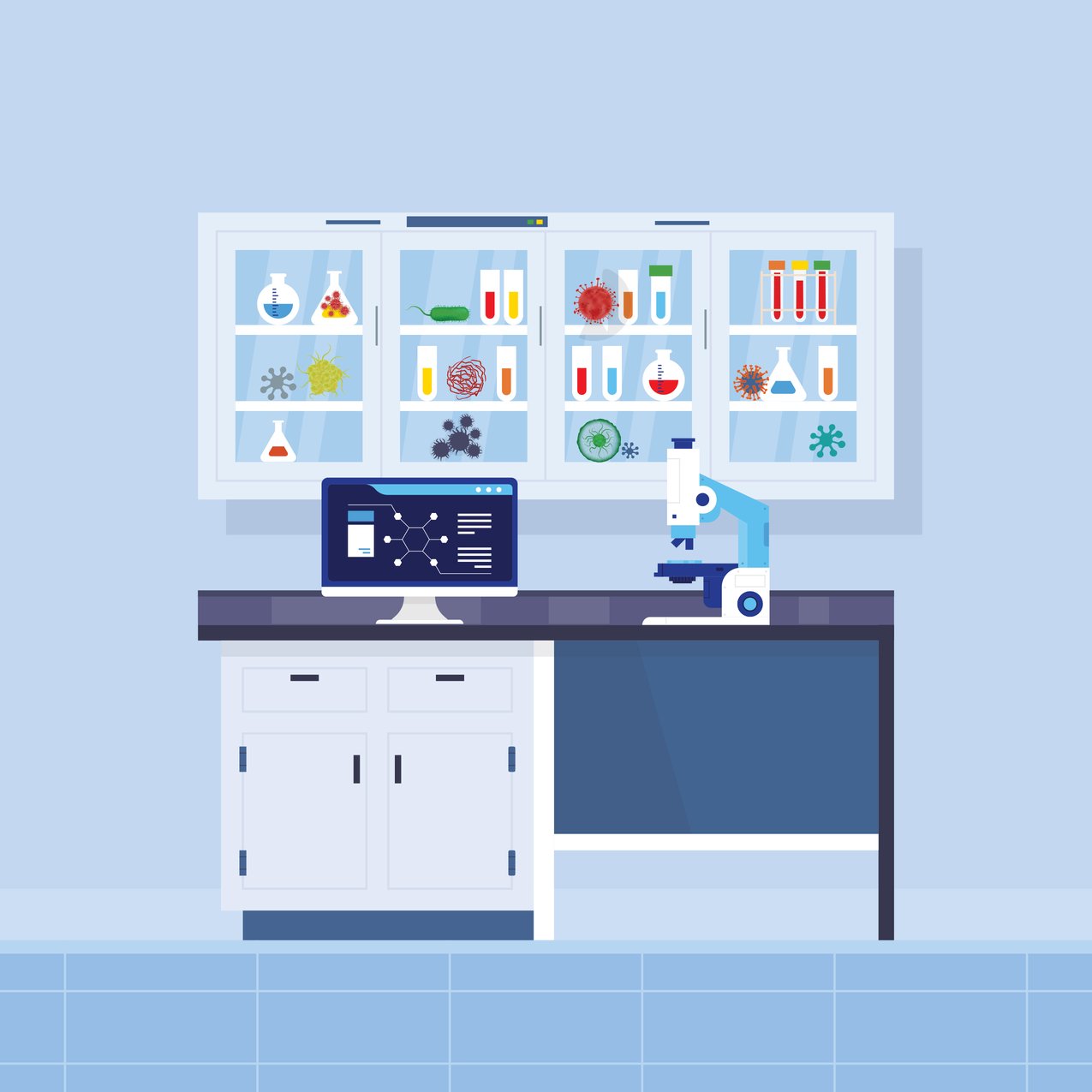
When the Covid-19 pandemic shuttered local public libraries in early 2020, another kind of library not only flourished but also…
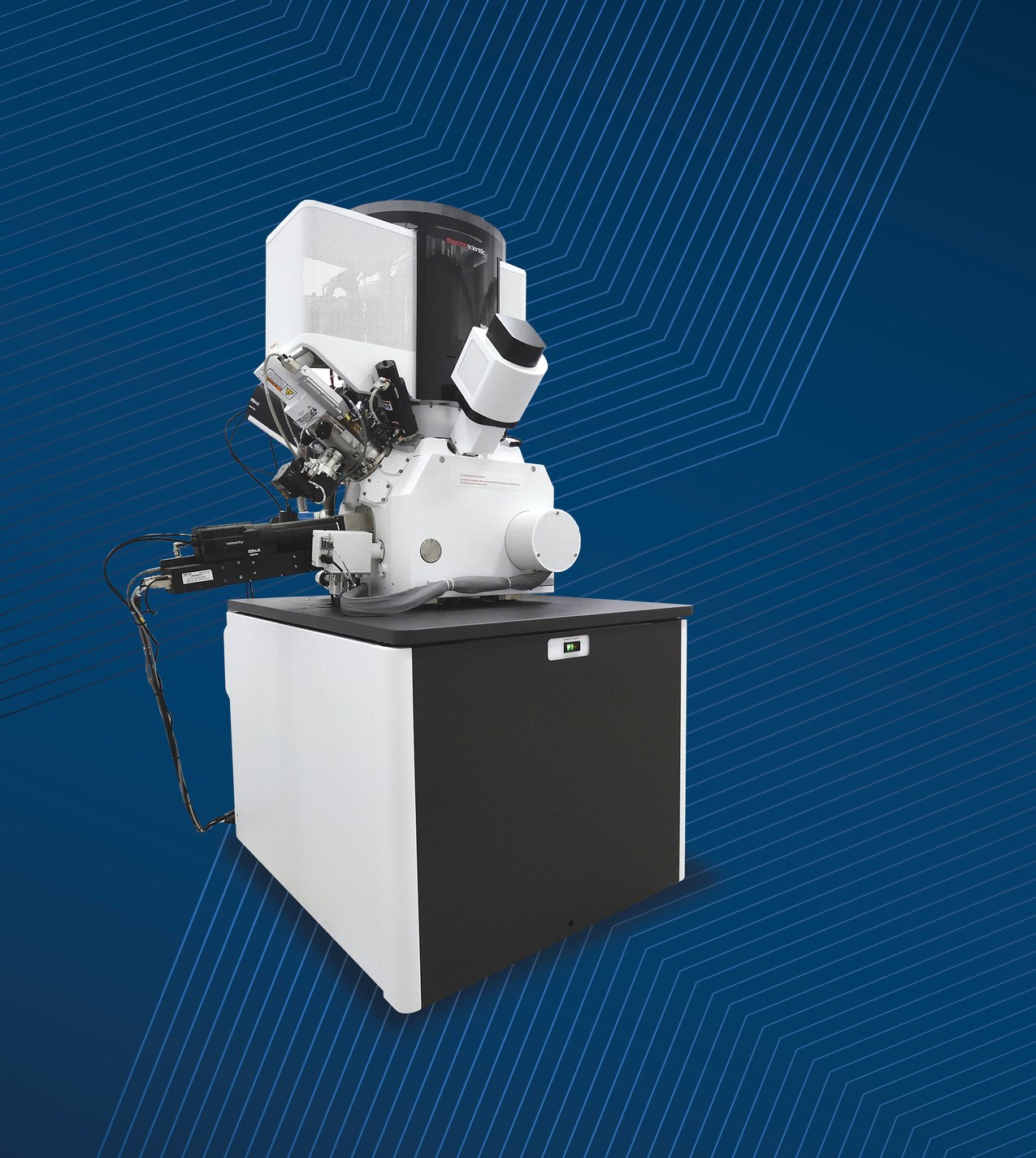
‘The Most Expensive Saw on the Planet’ Nestled in the newly renovated Materials Characterization and Processing facility in the Johns…
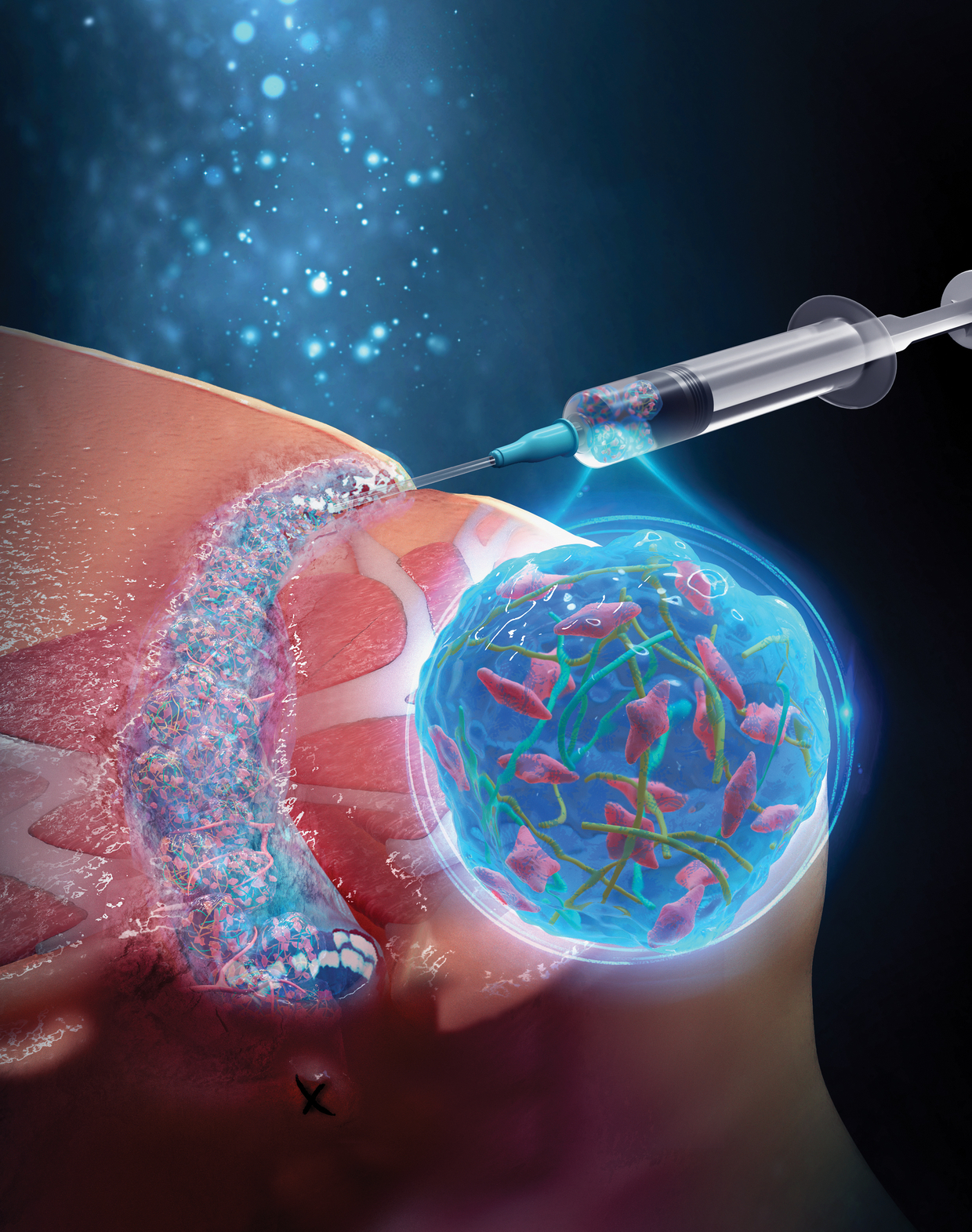
Crohn’s disease is an inflammatory bowel disease that affects an estimated 780,000 Americans, with even higher rates reported in Canada and…

“People would be shocked about how our trails of breadcrumbs from our mobile devices and other platforms can be used,…

In the United States, making buildings code-compliant and fire-resistant costs tens of billions of dollars annually. Despite these expenditures, major…
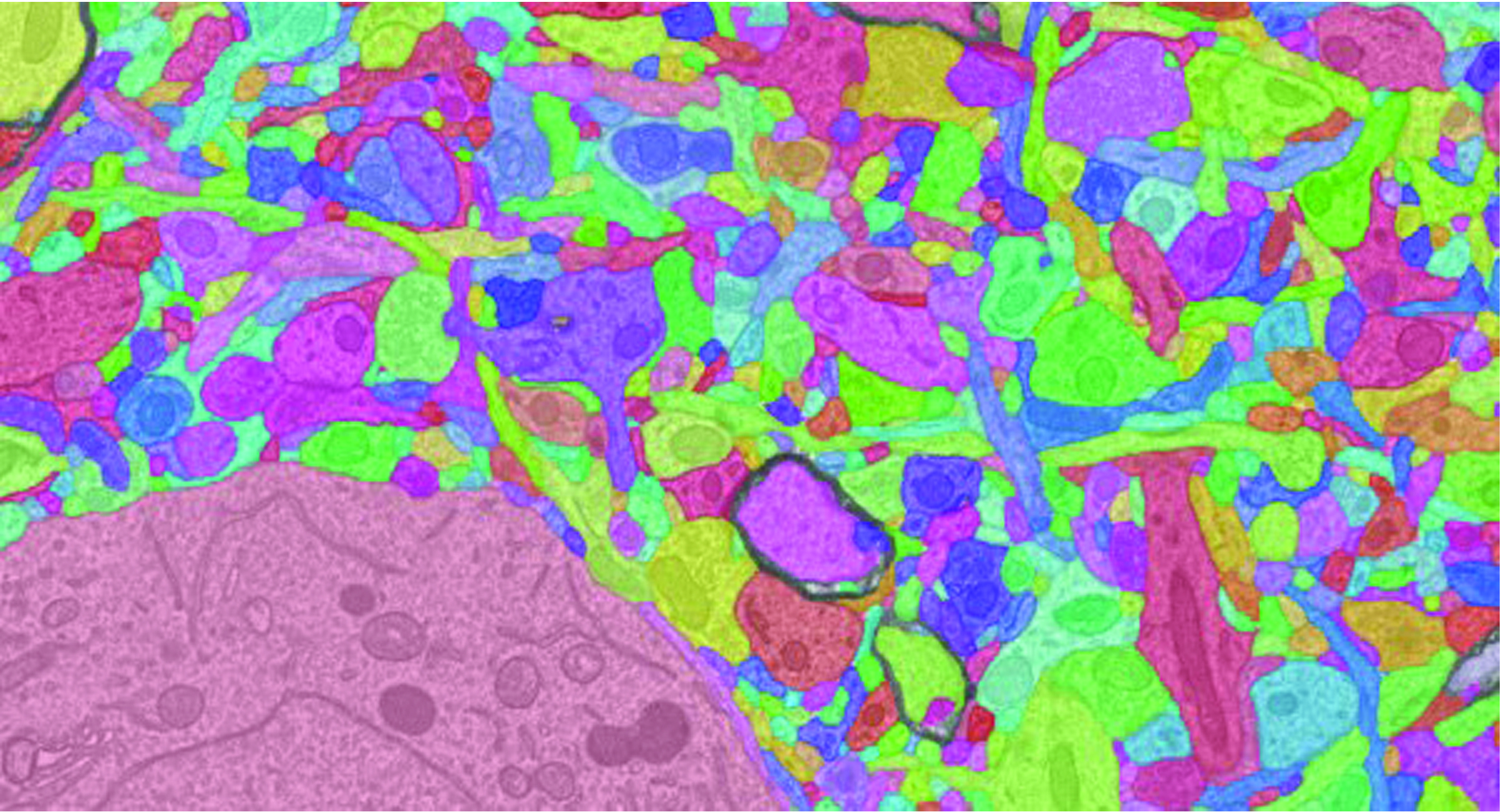
With its 86 billion neurons and more than 100 trillion connections, the human brain is sometimes described as the most…
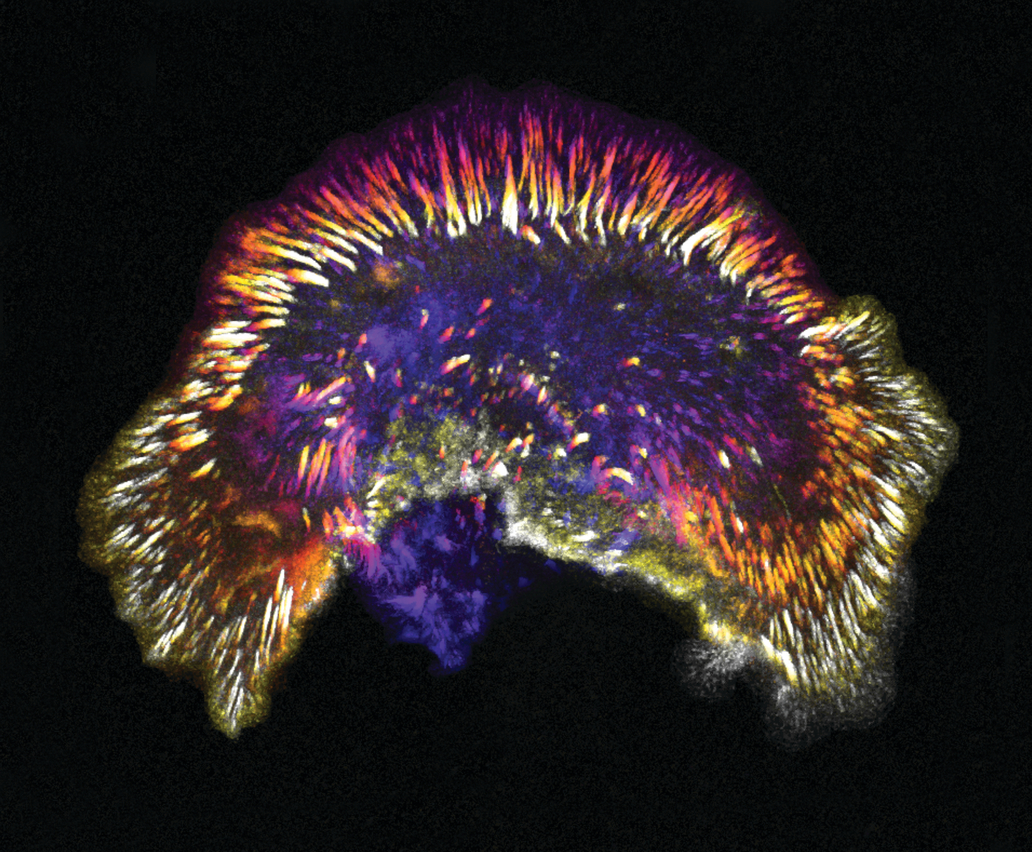
“These findings could inspire new treatment for mucus-related illnesses, including chronic lung diseases and mucinous cancer, the deadliest subtype for…